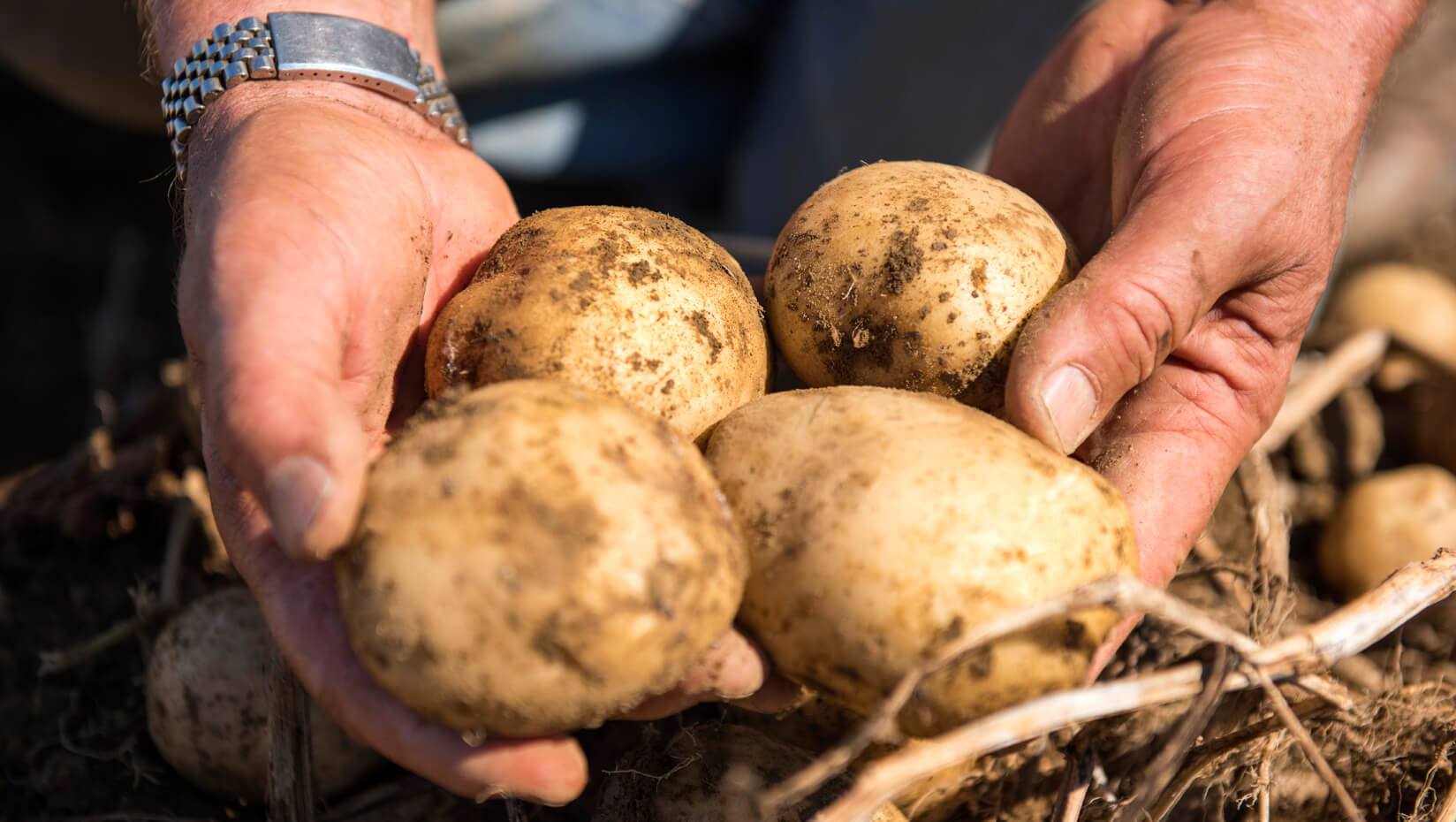
Mallory receives USDA grant for potato and grain research in Chile
Ellen Mallory, University of Maine Cooperative Extension specialist and associate professor of sustainable agriculture, was awarded $11,902 grant for food research from the United States Department of Agriculture (USDA). The project is supported by the USDA’s Agriculture and Food Research Initiative (AFRI) and is titled, “Investigating Diversity as a Climate Resilience Strategy for Potato and Grain Systems Using DSSAT and Collaborative Modeling.”
U.S. Senators Susan Collins and Angus King announced the award in a joint statement on Friday.
“This investment will enhance the University of Maine’s critical research that helps ensure the strength of our state’s agricultural sector,” said Senators Collins and King in the joint statement. “Maine is fortunate to have an institution like the University of Maine, whose researchers develop cutting-edge science and technology that grows our economy and improves lives.”
The AFRI is charged with funding research, education, and extension grants that address key problems of national, regional, and multi-state importance in sustaining all components of agriculture, including farm efficiency and profitability, ranching, renewable energy, forestry (both urban and agroforestry), aquaculture, rural communities and entrepreneurship, human nutrition, food safety, biotechnology, and conventional breeding.
Mallory will spend six months at the Agricultural Research Institute of Chile learning from and collaborating with Dr. Patricio Sandaña, an expert in the ecophysiology of potatoes and grain crops and an experienced user of crop simulation models.
“My sabbatical goal is to become proficient in the DSSAT cropping systems model to produce actionable information for farmers and farm advisers about likely vulnerabilities of current potato and grain production systems to climate change and weather variability, and potential diversification strategies to improve resilience, including crop rotation diversification and crop-livestock integration,” said Mallory.
DSSAT, or the Decision Support System for Agrotechnology Transfer, is a software application program that comprises crop simulation models for over 42 crops.
Mallory will use the knowledge she gains to educate the community about expected changes in weather and weather variability, the likely impacts of those changes on potato and grain production, and how management strategies might reduce the risks associated with those changes. Her work will help with educational outreach to benefit Maine’s agricultural communities.
